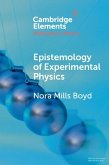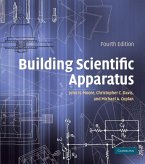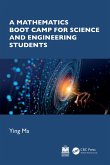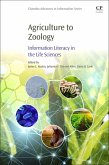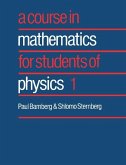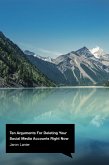Responding to the developments of the past twenty years, Les Kirkup has thoroughly updated his popular book on experimental methods, while retaining the extensive coverage and practical advice from the first edition. Many topics from that edition remain, including keeping a record of work, how to deal with measurement uncertainties, understanding the statistical basis of data analysis and reporting the results of experiments. However, with new technologies influencing how experiments are devised, carried out, analyzed, presented and reported, this new edition reflects the digital changes which have taken place and the increased emphasis on the importance of communication skills in reporting results. Bringing together key elements of experimental methods into one coherent book, it is perfect for students seeking guidance with their experimental work, including how to acquire, analyse and present data. Exercises, worked examples and end-of-chapter problems are provided throughout the book to reinforce fundamental principles.
Dieser Download kann aus rechtlichen Gründen nur mit Rechnungsadresse in A, B, BG, CY, CZ, D, DK, EW, E, FIN, F, GR, HR, H, IRL, I, LT, L, LR, M, NL, PL, P, R, S, SLO, SK ausgeliefert werden.



